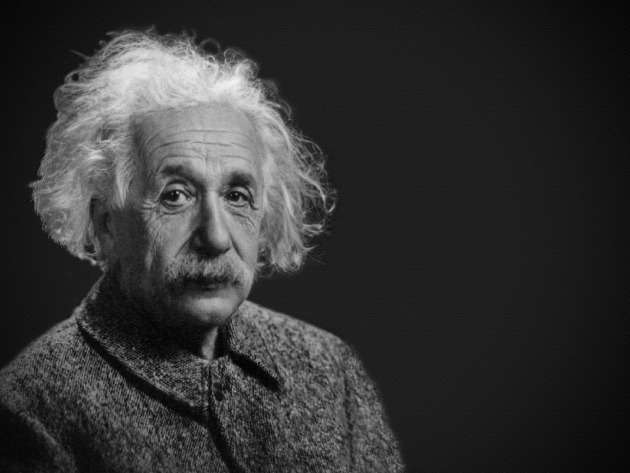April 19 marks the 67th death anniversary of renowned physicist Albert Einstein, fondly known as the father of modern physics.
Born in Germany in 1879 to a Jewish family, Einstein is known for his scientific discoveries and contributions to the development of the general theories of relativity.
Throughout his long-standing career, Einstein conducted a range of fruitful scientific research that cover many various aspects including quantum mechanics and gravity.
The scientist who is cited as one of the most influential physicists of the 20th century published several groundbreaking papers and toured the world to give seminars about his discoveries.
When he was just 16 years old, Einstein wrote his first "scientific paper", which was based on magnetic fields.
Despite his young age, Einstein also knew that stationary light waves had never been seen, creating a paradox.
In 1908, he was recognized as a leading scientist and was appointed lecturer at the University of Bern, in Germany.
Later, he became a full professor at the German Charles-Ferdinand University in Prague, where he wrote 11 scientific works, five of them on radiation mathematics and on the quantum theory of solids.
Moreover, the late renowned scientist received the Nobel Prize in Physics for his discovery of the law of the photoelectric effect.
The photoelectric effect is a phenomenon in which electrically charged particles are ejected from or within a material when it absorbs electromagnetic radiation. It is also defined as the ejection of electrons from a metal plate when light shines on it, according to Einstein.
The genius man of all time continued to work in his laboratory until several weeks before his death in 1955, in the University Medical Center of Princeton at Plainsboro, United States.













